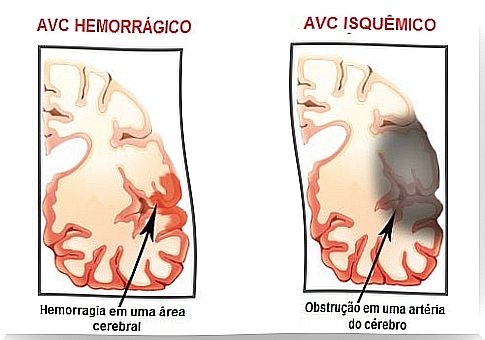8 Benefits You Didn’t Know About Olive Oil

Olive oil is one of the best known and most used foods in the world’s gastronomy. Its mild flavor and the fact that it is considered healthy have made millions of people choose it for consumption.
It comes from the fruit of the olive, through a natural pressing process that takes care of maintaining all the properties and nutrients.
Of all its varieties, the most recommended is the extra virgin, as it has the most purity and quality.
From a nutritional point of view, it is a significant source of monounsaturated fatty acids, vitamin E, vitamin K and other antioxidant substances that give olive oil incredible benefits.
The best thing is that its pleasant flavor facilitates its raw consumption, as even if it can be cooked, high temperatures can damage many of its properties.
There are many reasons why people should start including it in their diets. In this article we want to highlight its main health benefits. Get to know them!
Olive oil is good for cardiovascular health

The daily intake of a small amount of extra virgin olive oil is an ideal habit to prevent cardiovascular disease.
Due to its high content of monounsaturated fatty acids and polyunsaturated fatty acids, it has the ability to increase levels of good cholesterol (HDL) while reducing the presence of LDL, also called bad cholesterol.
It also stands out for its significant content of vitamin E, whose antioxidant effect protects the body against the negative effects of cholesterol oxidation, which can clog the arteries.
In summary, it is an ideal food to maintain heart and circulatory system health.
It’s good for the liver and gallbladder
This variety of healthy fat is a great addition to diets to detoxify the liver and gallbladder.
- By including olive oil in your daily eating plan, you can reduce the risk of fatty liver and other disorders that affect its proper functioning.
- Its anti-inflammatory compounds and its ability to increase good cholesterol contribute to maintaining a balance in the functions of this vital organ.
This quality is even more appreciated when the oil is consumed raw and on an empty stomach, mixed with a little lemon juice.
Improves digestive health

As it is an easily digestible type of fat, this oil is also good for maintaining the health of the entire digestive system.
- Its high content of essential nutrients and its mild laxative effect are effective against common ailments such as inflammation, gastric acidity and constipation.
- Its intake improves the absorption of nutrients in the intestine and, as if it were little, stimulates the clearance of this organ.
Olive oil is included in the list of foods with alkaline qualities, ideal for regulating the pH of the body and stomach secretions.
Reduces the risk of diabetes
One of the reasons this source of fat is not lacking in the popular Mediterranean diet is because it minimizes the risk of diabetes.
Everything indicates that its nutrients improve insulin resistance and also promote the regulation of blood sugar levels.
Reduces inflammation
Its omega 3 fatty acids, oleic acid and oleocanthal have a powerful anti-inflammatory action that reduces the symptoms of diseases that affect muscles and joints.
In fact, its calming effects have been compared to the effects of popular ibuprofen.
Prevents strokes

Because it is so healthy for the cardiovascular system and blood circulation, olive oil also reduces the risk of stroke. This is because it prevents clots from forming and prevents bleeding.
It’s antibacterial
Consuming raw olive oil helps to eliminate infections caused by Helicobacter pylori, a pathogen that is present in the stomach and whose activation leads to stomach ulcers, stomach pain and infections.
Helps prevent osteoporosis
Olive oil should also be considered a health ally for women during menopause or for those who have risk factors for osteoporosis.
- Improves absorption of calcium, magnesium and zinc, three essential minerals for maintaining bone density.
- It also participates in the adequate absorption of fat-soluble micronutrients, such as vitamins A and D.
As you have just discovered, olive oil is one of the most qualified foods that nature offers us. Just incorporate it into your diet, whether in salads, soups, creams or any other recipe.
Of course, you can also consume it neat, avoiding more than three tablespoons a day.









